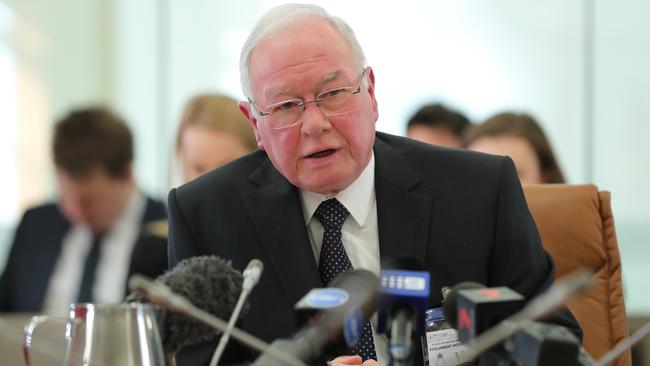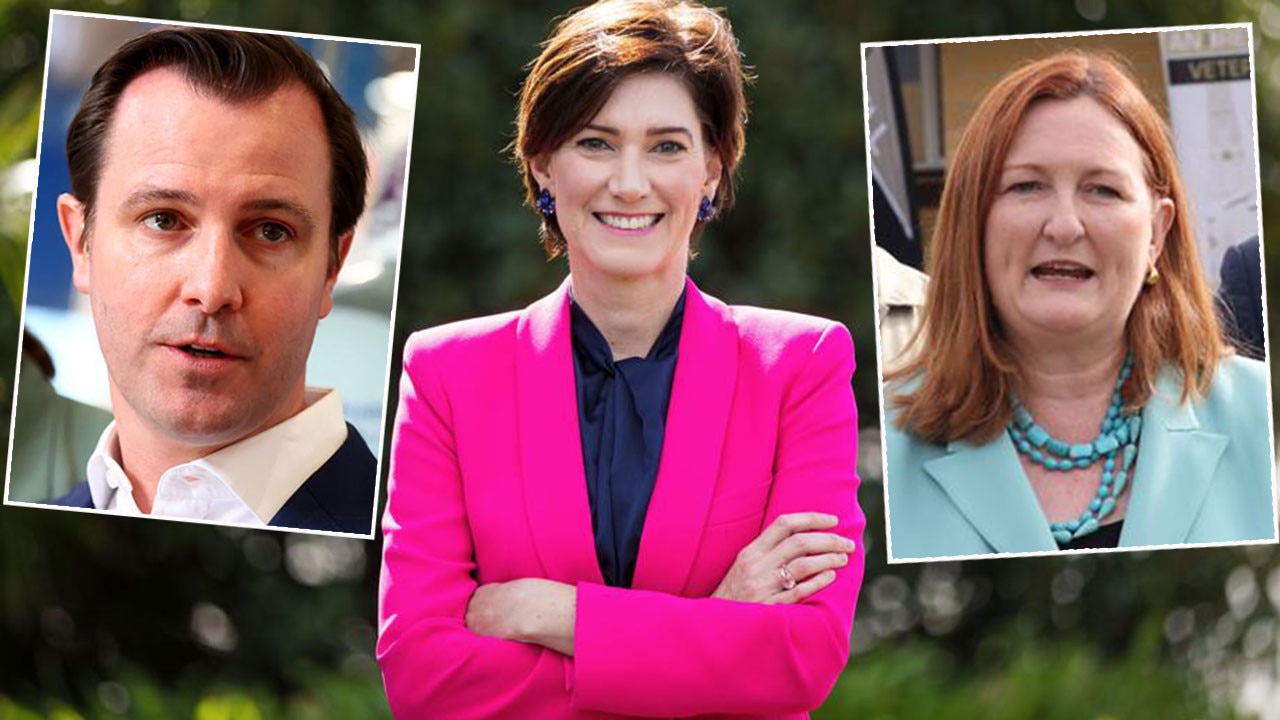SA Government planning council code of conduct overhaul after ‘excessive’ number of petty complaints
COUNCILS would set their own rules to govern elected member behaviour under a new plan to curb an “excessive” number of petty — and expensive — complaints.

East, Inner Suburbs & Hills
Don't miss out on the headlines from East, Inner Suburbs & Hills. Followed categories will be added to My News.
- Councillors flooding Office of Public Integrity with too many complaints about each to other, ICAC boss says
- Tea Tree Gully mayor blasts councillors’ code of conduct complaints
- Marion boss breached code of conduct by waiving pensioner’s fine
- Councillors need more protection under code of conduct investigations
COUNCILS would set their own rules to govern elected member behaviour under a new plan to curb an “excessive” number of petty — and expensive — complaints.
The State Government is planning an overhaul of the code of conduct for local councillors, conceding the rules it introduced in 2013 “had not worked”.
The code sets standards for councillors’ behaviour — including how to interact with other elected members and staff — and the process for dealing with complaints and punishing breaches.
Local Government Minister Geoff Brock said the code was created with “good intentions”, but had became a tool that encouraged “excessive” complaints by quarrelling councillors.
It echoes criticism this year from ICAC Commissioner Bruce Lander, who said his office was flooded with “trivial matters” from councillors who did not like their colleagues.
Mr Brock said under the new system, the State Government would hand councils the power to draw up rules to manage elected member behaviour.
“The State Government’s view is that it should not regulate the behaviour of elected members from another sphere,” Mr Brock told the Eastern Courier Messenger.
“This is a matter for councils to determine with their members and communities.”

Mr Brock would not comment on when the new system would be introduced.
Code of conduct complaints trigger lengthy independent investigations, costing ratepayers tens of thousands of dollars each year.
Councillors found to have breached the code can be forced to make a written or public apology, undertake a training course or repay some of their allowance.
Local Government Association president Lorraine Rosenberg acknowledged there had been “issues” with the code since it was introduced.
Mrs Rosenberg said the LGA had consulted with councils on changes to the code.
She did not want to comment further until the organisation’s feedback had been presented to the government.
The Eastern Courier Messenger in June reported Burnside Council has spent almost $80,000 dealing with nine complaints since 2014/15.


